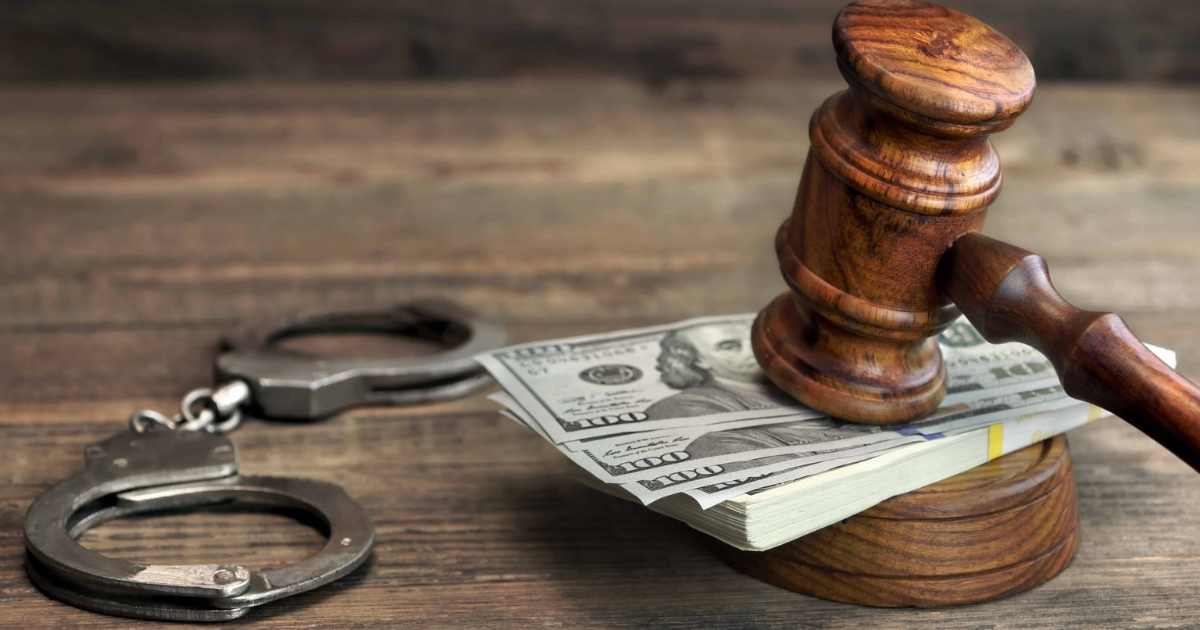Blogs
What Happens If You Don’t Pay Bail Bonds: Risks & Realities

You might think missing a payment on a bail bond is no big deal, that it’s just a late fee or a phone call. But if you don’t pay on schedule, what happens if you don’t pay bail bonds can spiral into serious consequences. That uncertainty can put you or your co-signer at legal and financial risk.
We’ve walked many people through these tough situations right here in Tulsa and the surrounding counties. Knowing the realities ahead can help you act smart and avoid unnecessary fallout.
What Happens If You Don’t Pay Bail Bonds?
First off: failing to pay the bond premium or skipping scheduled payments is a breach of the contract you signed with the bondsman. From there, several things can happen:
Bond Revocation & Arrest
One of the biggest dangers is bond revocation. If payment isn’t made, the bondsman can ask the court to revoke your release. That means you could be re-arrested and returned to jail, even though you were previously released.
Collateral Seizure or Forfeiture
If you put up collateral (like a car title or property) when you secured the bond, that collateral could be seized or forfeited. So nonpayment may cost you more than just money, it could cost your property.
Co-Signer Liability
If someone co-signed for the bond, that person is legally on the hook when you don’t pay. The co-signer might be forced to pay the remaining balance or lose assets they pledged.
Lawsuits & Collections
The bail bond company may pursue civil action to recover unpaid fees. That could lead to wage garnishment, court judgments, or damage to your credit score.
Difficulty Securing Future Bonds
Courts and bondsmen remember defaults. If you’ve failed to pay once, future judges may deny bail or require more stringent conditions, including higher fees or added collateral.
Why People Miss Payments, and What You Can Do Instead
Sometimes life gets in the way: job loss, medical bills, or emergencies. But skipping a payment on your bail bond isn’t a workaround, it’s a contract violation.
A smart move is to talk to your bondsman in advance if you foresee trouble. Many reputable agents, including local ones like Doyle Davis Bail Bonds, will negotiate modified payment plans or adjust schedules rather than locking you out.
Ask whether they can accept partial payments, extend due dates, or modify collateral requirements. Communication often prevents many of the harsh consequences.
Example Scenario: What Happens If You Don’t Pay Bail Bonds
Imagine you post bail for a loved one. The fee is $1,000 payable in ten monthly payments. You miss the third payment because of a sudden expense. If you don’t address it quickly:
The bondsman may send notices, contact your co-signer, and ask for remittance. If ignored, they file a motion in court to revoke the bond. The court issues a warrant for return. Your collateral is seized. Your co-signer is forced to pay. And your name gets flagged among local bondsmen and courts, making future bonds harder to get.
That’s why acting early and staying proactive makes all the difference.
How a Trusted Firm Helps You Avoid Worst-Case Outcomes
At Doyle Davis Bail Bonds, we’ve built our reputation by helping folks before they hit these pitfalls. When we set up a bail bond, we explain what happens if you don’t pay bail bonds, and we remain available to help adjust terms if needed.
We aim to be your partner, not just the one posting bail. Whether it’s rearranging payment schedules, clarifying responsibilities, or guiding you through what to expect, we keep you informed so you’re not caught off guard.
Ignoring Payments Is Risky, Act Early Instead
If you’re asking what happens if you don’t pay bail bonds, know this: the worst-case consequences are serious, arrest, loss of property, legal lawsuits, and damaged reputation. But many of those outcomes can be avoided by early communication, transparent agreements, and working with a trustworthy bondsman.
We at Doyle Davis Bail Bonds encourage open dialogue from the start. If you ever fear missing a payment, reach out before it’s too late because explaining your circumstances ahead of time is far better than dealing with fallout later.
